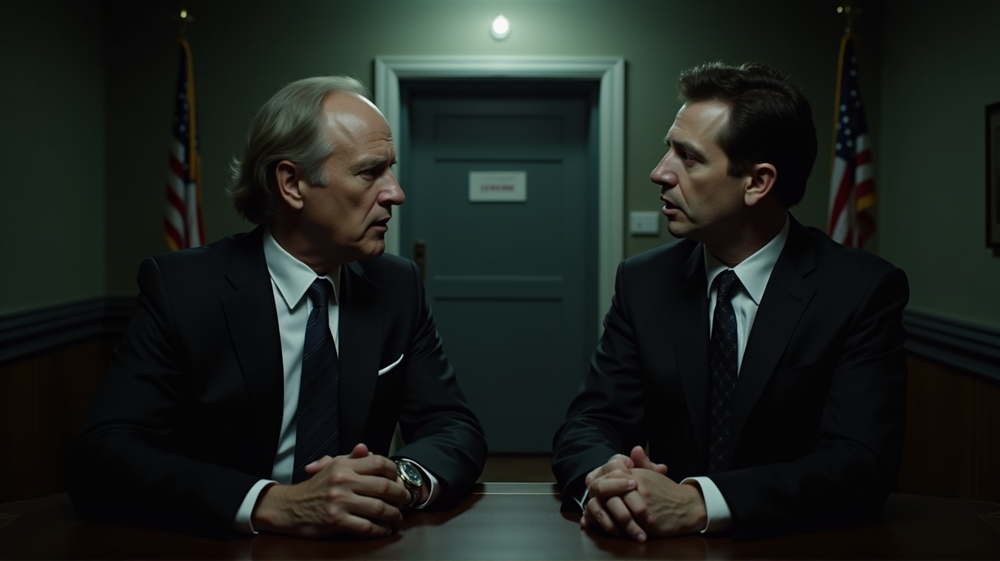In a highly scrutinized and clandestine meeting that remains shrouded in mystery and controversy, Jonathan Pollard, the former US Navy intelligence analyst convicted of espionage for Israel, met with American ambassador Mike Huckabee at the US Embassy in Jerusalem. This rendezvous, branded by many as a chapter of betrayal and intrigue, was confirmed by Pollard himself in a recent interview.
A Meeting of Secrecy and Symbolism
The private meeting between Pollard and Huckabee, conspicuously absent from public schedules, stands as a staggering symbol of the complex web of international diplomacy. For Pollard, it was his first entry inside a US diplomatic facility since his parole release in 2015. Notably, the meeting was attended by Huckabee’s senior adviser, David Milstein, further elevating its significance. Pollard described the encounter as “friendly,” with a strategic undercurrent hinting at broader geopolitical ramifications.
Jonathan Pollard: Espionage and Ideology
Pollard’s conviction in 1985 for leaking a room’s worth of US classified material to Israel was a cataclysmic event in intelligence history. Former Defence Secretary Caspar Weinberger’s stark statement underscored the severity of Pollard’s betrayal: a contribution to compromising US intelligence operations. Despite serving a life sentence, Pollard was heralded as a hero in Israel, greeting this nation with fervent nationalistic loyalty upon his 2020 arrival, courtesy of the Trump administration’s lifted travel restrictions.
An American Envoy’s Diplomatic Gamble
Ambassador Huckabee’s decision to hold an official meeting with Pollard has not been without criticism. Former US diplomats, such as Daniel Kurtzer, have openly questioned the logic behind such a diplomatic gesture, hinting at potential fissures in US-Israel diplomatic trust. As noted, “Why would the American representative in the State of Israel want to meet with Jonathan Pollard? It just defies any kind of logic.”
Espionage Legacy: Divides and Questions
Pollard’s espionage actions continue to punctuate US-Israel relations with sustained controversy. While feted in Israel, Washington continues to wrestle with the implications of Pollard’s legacy. Questions of intelligence sharing, trust, and political alignments persist, raising profound considerations about the interplay of espionage and international alliances. As Pollard reflects on his past, his remarks resonate with staunch ideology, unrepentantly voicing an ‘Israel first’ doctrine.
Conclusion: A Repercussion Echo
The clandestine meeting between Huckabee and Pollard, devoid of a public exposé by the US State Department, rekindles an espionage saga that still stirs emotions and prompts introspection between allied nations. This encounter isn’t merely a historical footnote; rather, it signals ongoing tensions that intertwine the realms of diplomacy and espionage. According to Middle East Monitor, such unsanctioned interactions could very well reshape the diplomatic landscape for years to come.












